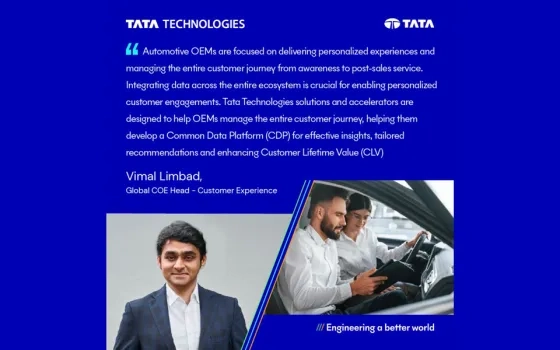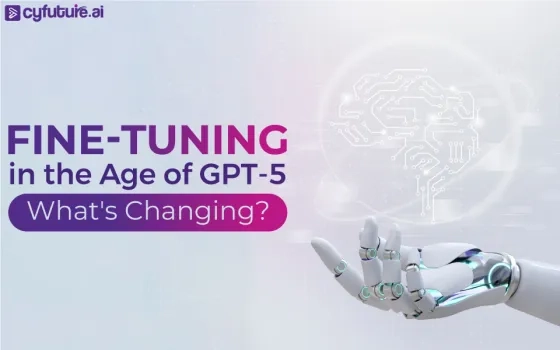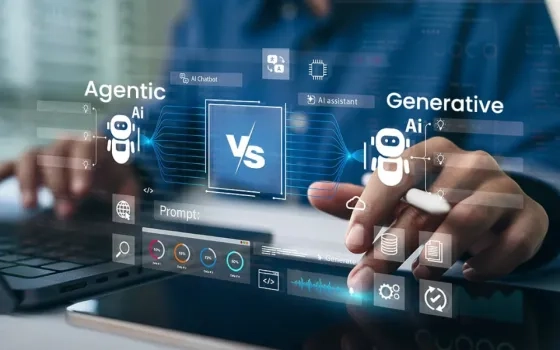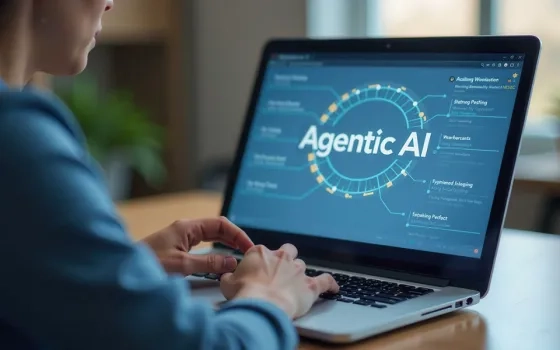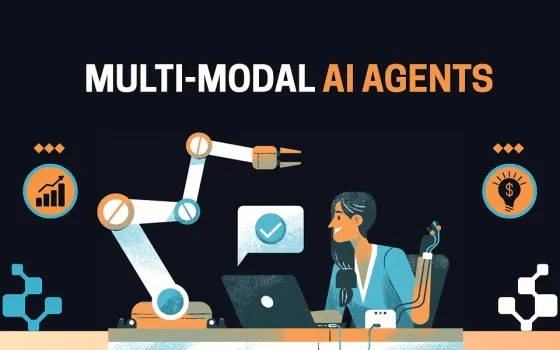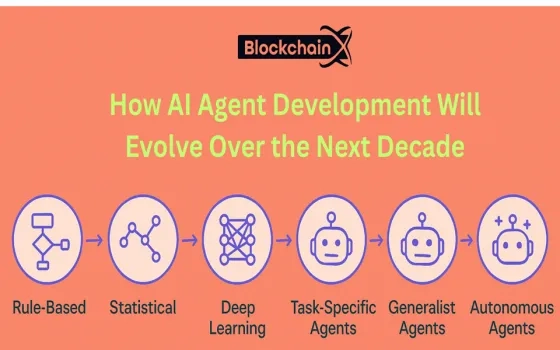In today's fast-evolving automotive landscape, both automotive enthusiasts and automakers share a common goal: delivering exceptional customer experiences across every touchpoint of the customer journey.
At Tata Technologies' Experience Centre, we are leveraging cutting-edge tools and technologies to design customer-centric solutions that enable a virtual, end-to-end customer journey.
Augmented Reality (AR), Virtual Reality (VR), Artificial Intelligence (AI), and Machine Learning (ML) are the cornerstones of our approach, enabling us to understand customer emotions, fine-tune product configurations through AI-aided lead scoring, execute real-time campaigns, and offer recommendations for post-sales needs. These solutions empower automakers to maintain a competitive edge in the dynamic business world.
As we traverse this era of unprecedented transformation, customer expectations have undergone a significant metamorphosis. Today's customers demand real-time or near-real-time interactions with OEMs, retailers, or product vendors. This change in dynamics has prompted OEMs to proactively engage with customers, understand their sentiments, and adapt rapidly, especially in the face of unforeseen events like the pandemic.
We now exist in a world that revolves around the customer, where the shape of the customer journey remains unaltered but the reach and influence have expanded exponentially. While the dynamics of purchasing power and service channels have morphed, OEMs are at the forefront of offering the right solutions for customer-centricity. Recognising the shifts in consumer behavior is the key to success, allowing OEMs to engage customers in meaningful conversations and arm them with digital tools and solutions.
Customers today have a multitude of channels at their disposal, and the advent of social media has empowered them with information about the services and products they desire. Hence, a digitally enabled and integrated IT landscape has become imperative, facilitating the analysis of data-driven insights, ensuring customer interest, supporting purchases, and offering after-sales services that stay ahead of the curve.
In the past, the automotive customer experience primarily revolved around showroom visits, allowing customers to explore products and understand the associated offers and features. However, the present and future states of this journey are undergoing a fundamental transformation, evolving from a predominantly physical journey to a "Phygital" one, characterized by seamless integration of virtual and dynamic touchpoints.
The automotive industry is undergoing a seismic shift, driven by advancements in Connectivity, Electrification, Autonomous vehicles, and Sustainability, largely in response to environmental concerns. With the advent of technologies like connected vehicles and the progress made by automakers in autonomous vehicles, customer expectations are crystal clear: they want to interact with their cars from anywhere, at any time.
To provide an immersive customer experience and to remain competitive, a digital ecosystem that offers a seamless omnichannel experience across the entire customer lifecycle journey is essential. This ecosystem spans research, purchase, ownership, and post-sales services. While some automakers may choose to stick with traditional approaches due to the rigidity of their IT systems, the successful ones will be those that embrace next-generation experiences, underpinned by technological advancements and innovative solutions, enabled by AI and ML.
Various solutions have been implemented by automakers to remain competitive. Some of these include:
• Personalization: Personalization is not merely a buzzword but a pivotal element in today's automotive landscape. With the assistance of Artificial Intelligence (AI) and Machine Learning (ML) algorithms, the depth of personalization extends far beyond traditional approaches. These advanced technologies empower automakers to delve into user data, comprehending usage patterns, customer preferences, and even intricate demographic information.
Through this in-depth analysis, automakers can offer personalized campaigns that truly resonate with each individual customer. Recommendations during both the sales and post-sales journeys are fine-tuned to match specific needs and preferences. AI-powered Chatbots further enhance the customer experience by providing real-time, customer-centric responses. This level of real-time assistance results in seamless communication across all customer touchpoints, leaving a lasting, positive impression.
Vehicle 360 and Customer 360 are the cornerstones for offering a truly personalized experience. AI and ML plugins, coupled with Generative AI algorithms, shed light on the KPIs of stakeholders, making their objectives clearer and the actions to achieve them more transparent. This has the added benefit of not only enhancing customer experiences but also improving Employee Experience (EX) and Dealer Experience (DX). The result is a more productive team with increased focus on business, ensuring better conversations and outcomes.
• Mobile Ready & NextGen platform: The modern automotive landscape necessitates an agile, mobile-ready IT infrastructure that can seamlessly integrate a multitude of customer touchpoints. As we step into the future, customer reach and interaction have evolved significantly. This evolution has given rise to the concept of "Phygital Channels." Augmented Reality (AR) and Virtual Reality (VR) are now central to the customer experience, allowing them to explore and interact with vehicles in a virtual realm. Customers can engage in digital consultations with experts, creating a transformative experience.
This shift has transformed traditional showrooms into what can be described as "Digital Dealerships." The customers' journey from online to offline is smooth, ensuring no loss of information and a consistently unique experience. Furthermore, this approach has empowered customers to engage in 'Direct to Customer' interactions, establishing a direct connection between automakers and customers. This direct communication channel facilitates the exchange of vital information, promoting a more personalized and tailored experience.
With these technological advancements and the seamless integration of mobile-ready platforms, customers have more control over their purchase journey. They can configure products with ease, handle financial transactions, reimbursements, online payments, and renew annual contracts from the comfort of their chosen online channel. As a result, customers have become more empowered and influential throughout the purchase journey.
• 2C (Convenient and Connected): Automakers offer flexible engagement options, such as subscription-based services, online retail channels, and shared mobility. Vehicles have evolved from mere products to data-driven assets connected to a robust IT ecosystem, which tracks, monitors, and provides valuable insights. This continuous connection enhances the customer experience, fostering loyalty through ongoing value.
Every facet of the customer experience is increasingly interconnected with the digital ecosystem. By integrating various channels and securing customer consent, every customer need can be automated, creating a seamless experience.
Automakers that embrace a "N-E-X-T Gen" approach—focusing on Customer Centricity, Connectedness, Digital Supply Chain & Smart Manufacturing, and Engaging Workforce with Mobility Services—will earn the loyalty of their customers. As Steve Jobs famously said, "The customer is always the hero of the story," and customer centricity is the linchpin for fostering strong emotional bonds between customers and their products. It offers curated, hyper-personalized experiences throughout the customer journey, making customers not just loyal but also influencers and ambassadors for your brand.
Original source: https://www.tatatechnologies.com/media-center/how-automakers-can-use-ai-ml-to-gauge-customer-sentiment/
Author: Vimal Limbad - Head, Global Centre of Excellence, Customer Experience at Tata Technologies.



